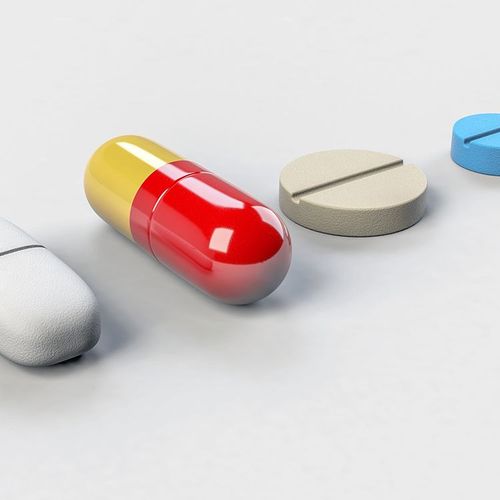Hypertension drugs can save the lives of people who have heart disease even if they have normal blood pressure—and a calcium channel blocker drug is more effective than an ACE inhibitor, researchers say.
"We don't think a single study is definitive, but this is a pretty solid finding," says study leader Dr. Steven E. Nissen, a cardiologist at the Cleveland Clinic Lerner School of Medicine. "What we consider a normal blood pressure may be too high if you are a patient with coronary artery disease."
The Study
Researchers gave either the calcium channel blocker amlodipine, the ACE inhibitor enalapril or a placebo to 1,991 patients who had been diagnosed with coronary artery disease but had normal blood pressure.
Over two years, they found that the incidence of adverse events such as a heart attack or death was 31% lower for people taking amlodipine and 15% lower for those taking enalapril than for patients taking the placebo.
Based on this research, Nissen calculates that for every 16 patients who receive amlodipine, one heart attack or other serious cardiovascular event can be avoided over a two-year period. The reduction in adverse events in patients taking enalapril was not statistically significant, the report notes.
Even when hypertension is not present, treatment with amlodipine can save lives, Nissen says. This is probably related to the effects it has other than reducing blood pressure—such as preventing angina, a type of chest pain, and lowering the risk of recurring blood clots.
The study was funded by Pfizer Inc., which markets amlodipine under the brand name Norvasc and will soon be available in generic form. Enalapril is marketed as Vasotec, and already is available as a generic. Both drugs are commonly prescribed to control high blood pressure.
A New Treatment Option?
Does this mean that blood pressure medications should be given to all heart patients? Not just yet, says Dr. Carl J. Pepine, a professor of medicine at the University of Florida College of Medicine, who urges more research.
One reason is that these medications lower both systolic (top) and diastolic (bottom) numbers. Diastolic pressure that is too low could produce adverse effects that outweigh the benefits of a reduction in systolic pressure, Pepine explains.
In his practice, Pepine says he makes the decision about blood pressure drugs "one patient at a time, based on diastolic blood pressure." If diastolic pressure is above 75 and systolic pressure is still high, he would consider trying to lower systolic pressure.
Which Med Is Best?
As to which kind of drug should be prescribed for these patients, Nissen notes that most people who need blood pressure medication take more than one drug, and that several families of medications are available not only ACE inhibitors and calcium channel blockers, but also beta-blockers and diuretics.
"It's not possible to get to your target (blood pressure) without multiple drugs," he says. "I see nothing wrong with an ACE inhibitor combined with a calcium channel blocker."
ABCs and More Simplify Care for Acute Coronary Syndrome
Doctors can now use the alphabet to manage patients who have acute coronary syndrome-chest pain at rest or with mild exertion, often caused by insufficient blood supply to the heart.
This approach was developed by researchers at Johns Hopkins Medical Institutions after reviewing 14 years of medical literature to identify the most effective and safe management practices.
The Johns Hopkins team recommends a simple "ABCDE" approach as part of a comprehensive management plan…
- A for antiplatelet therapy, anticoagulation, angiotensin converting enzyme inhibition and angiotensin receptor blockade.
- B for beta-blockade and blood pressure control
- C for cholesterol treatment and cigarette smoking cessation.
- D for diabetes management and diet.
"Many doctors think existing guidelines are lengthy and complex, and therefore difficult to implement in the clinic and at home by patients," says senior investigator Dr. Roger S. Blumenthal, director of the Ciccarone Preventive Cardiology Center at Johns Hopkins.
An estimated 1.6 million Americans experience acute coronary syndrome each year, but fewer than half get optimal treatment due to the complexity of implementing and monitoring drug treatments and lifestyle changes, Blumenthal says.
